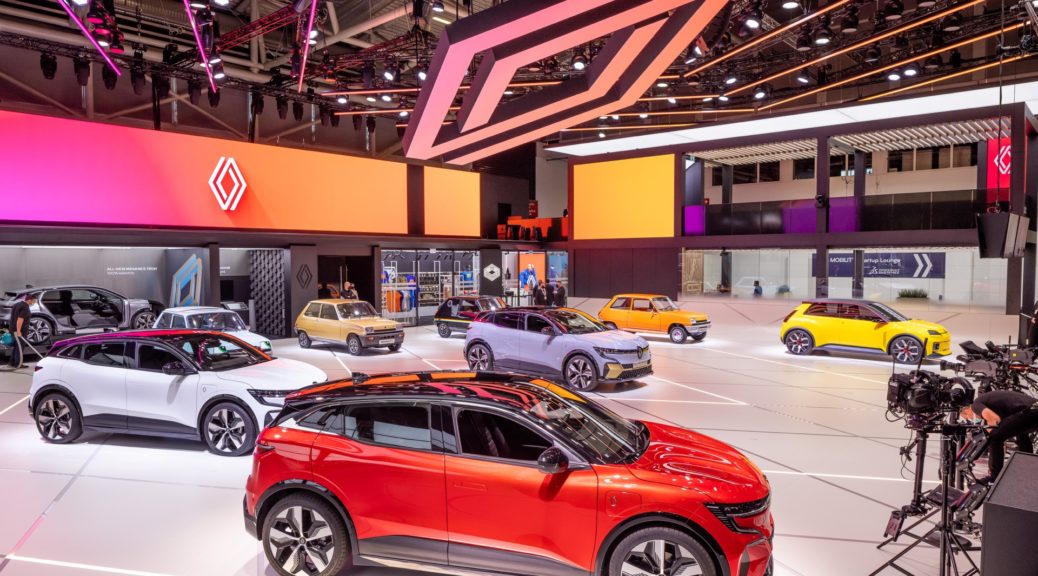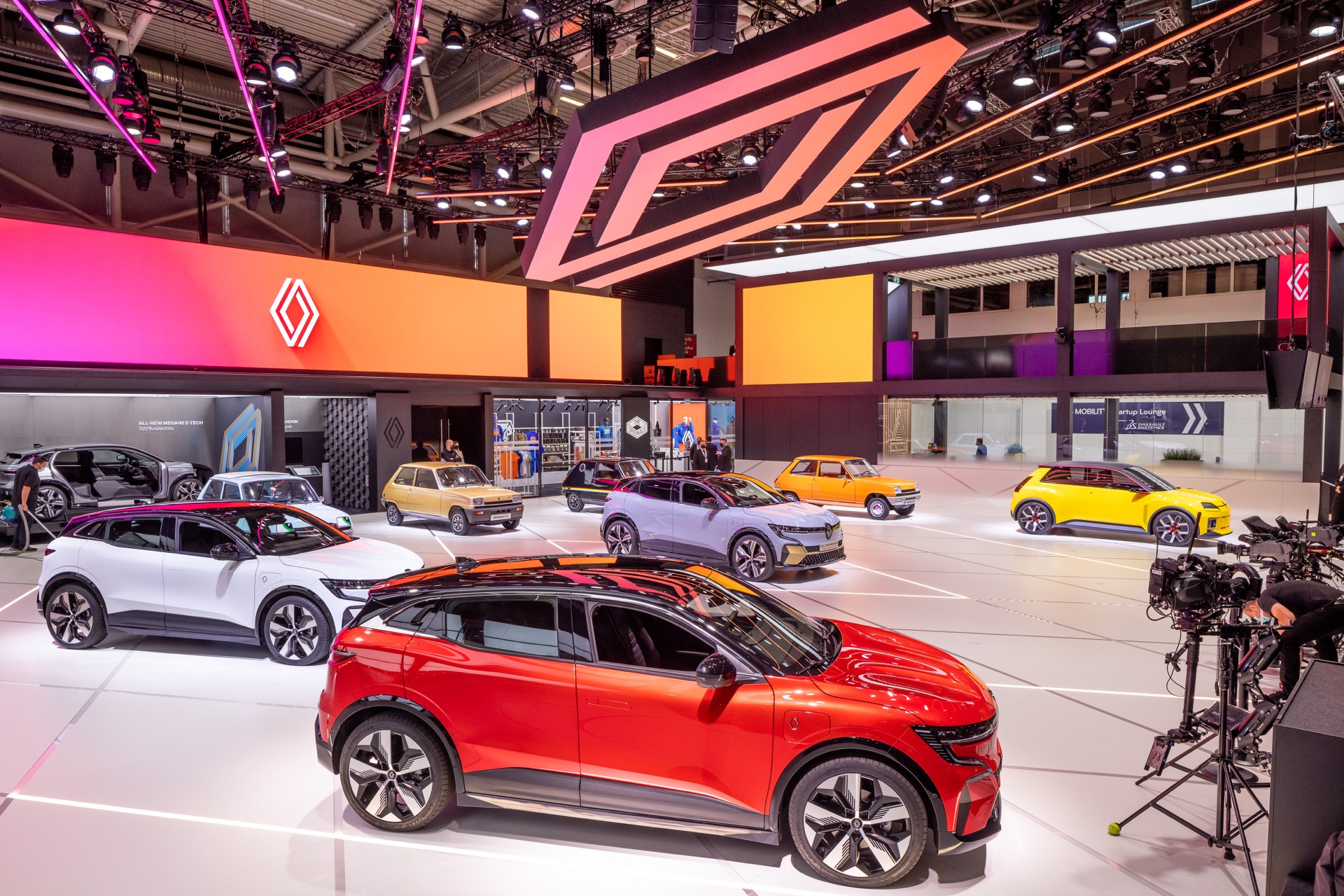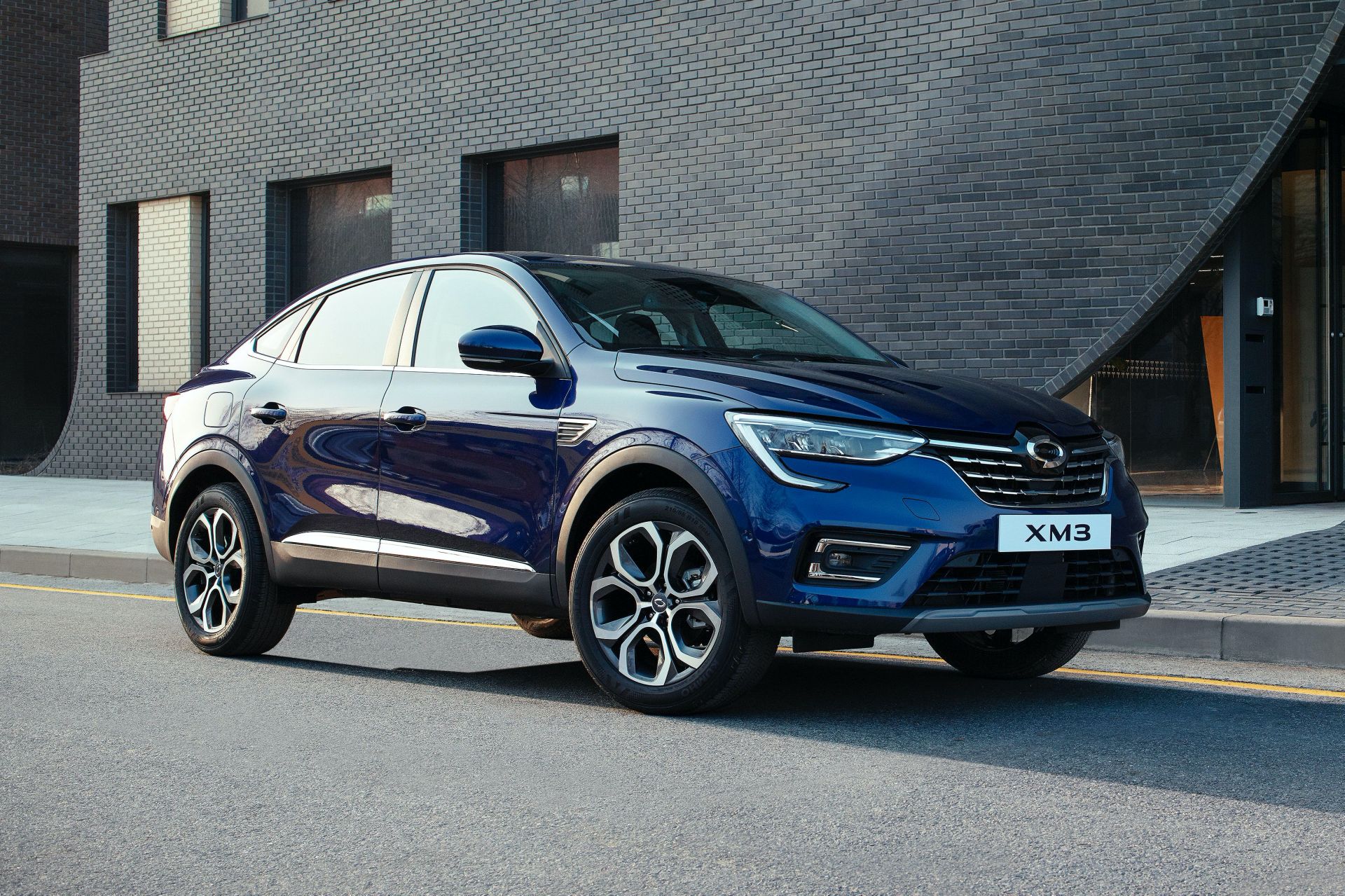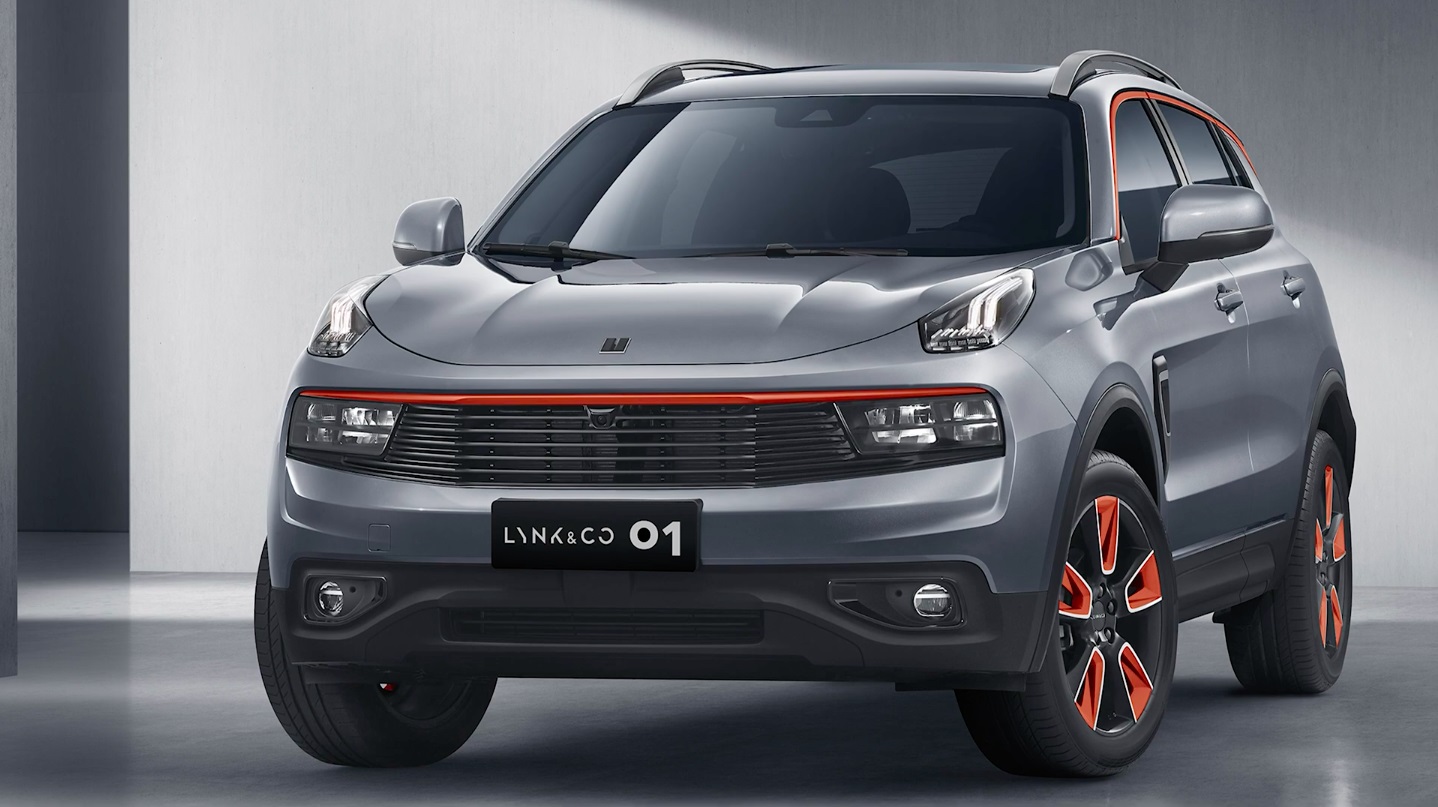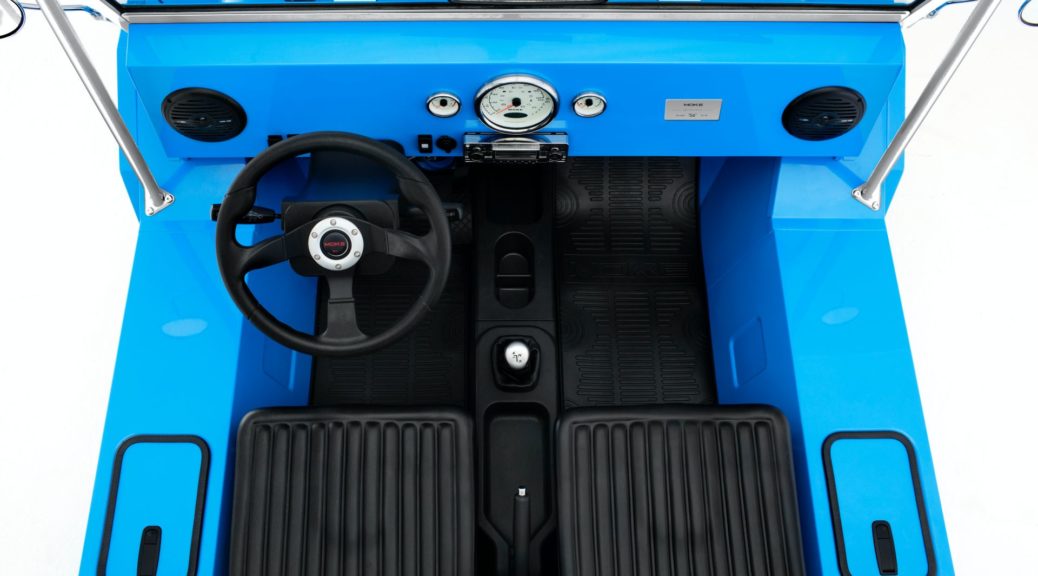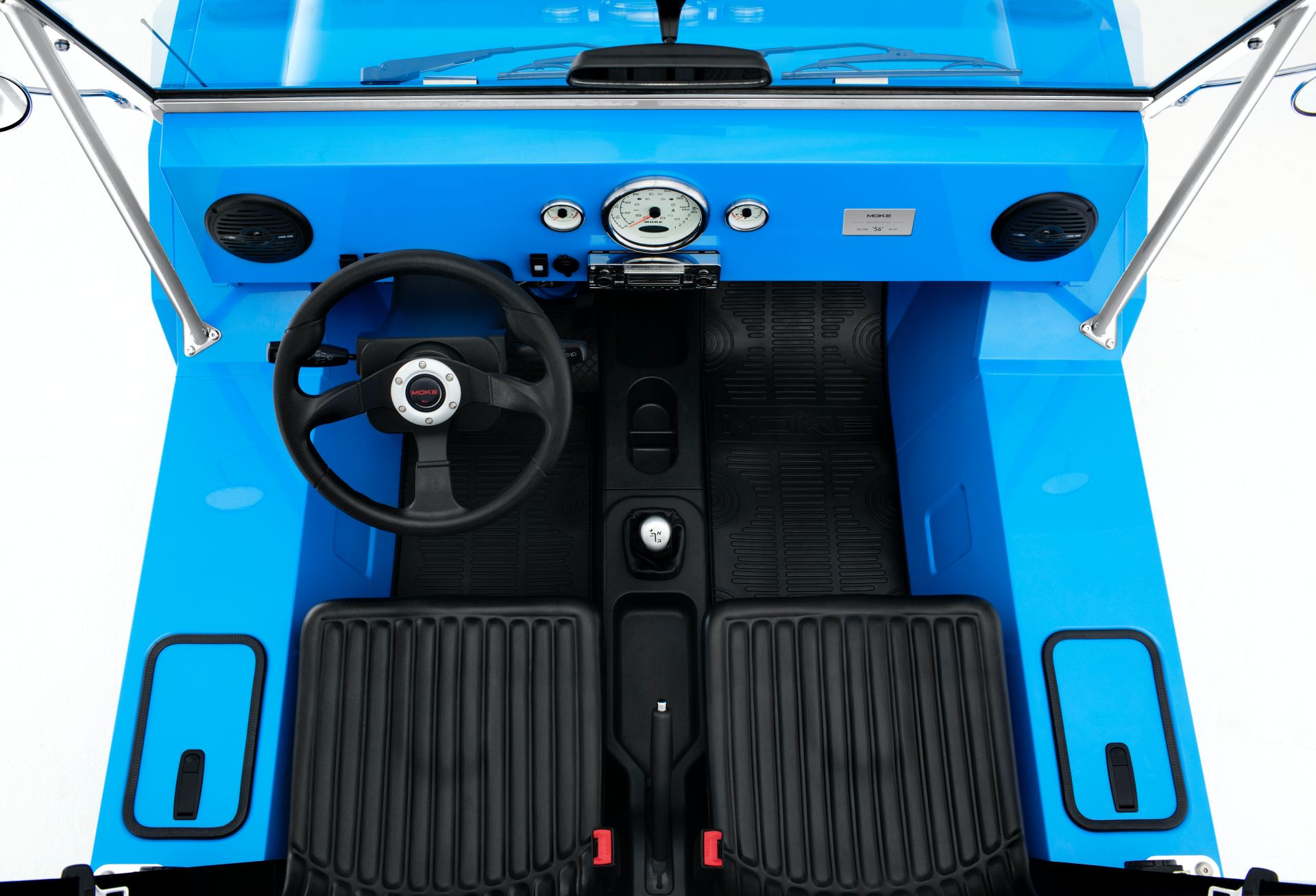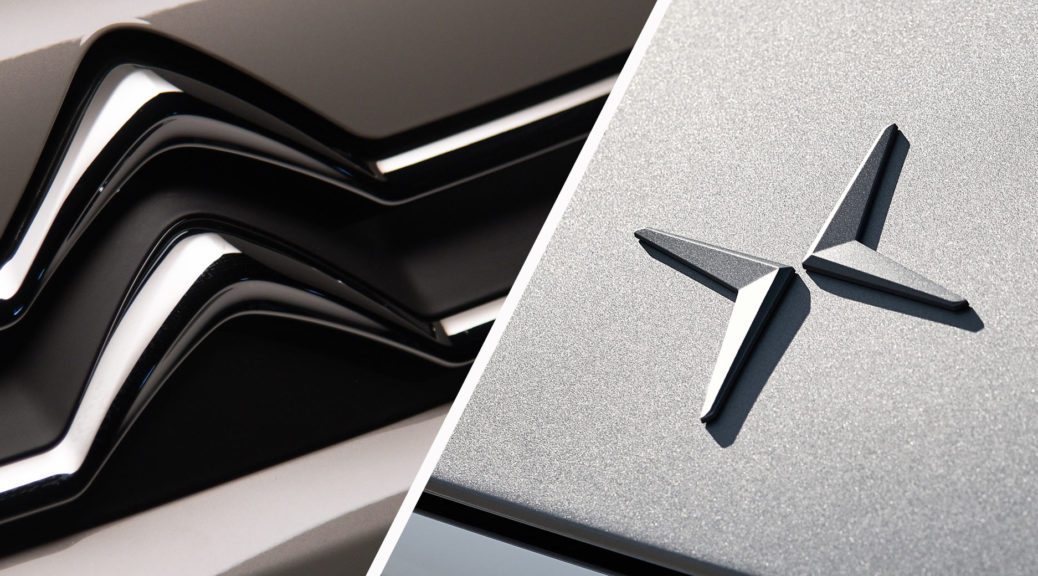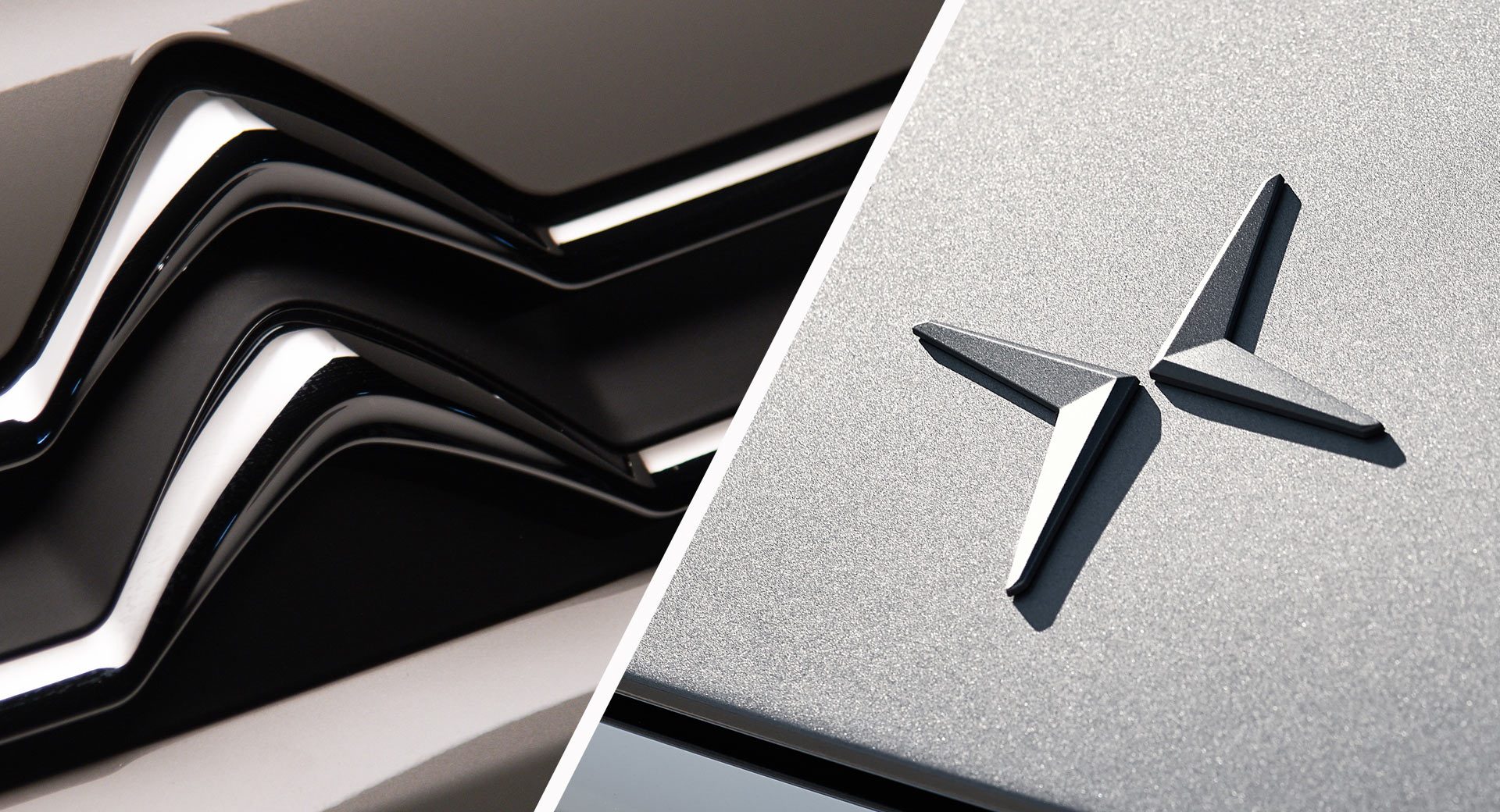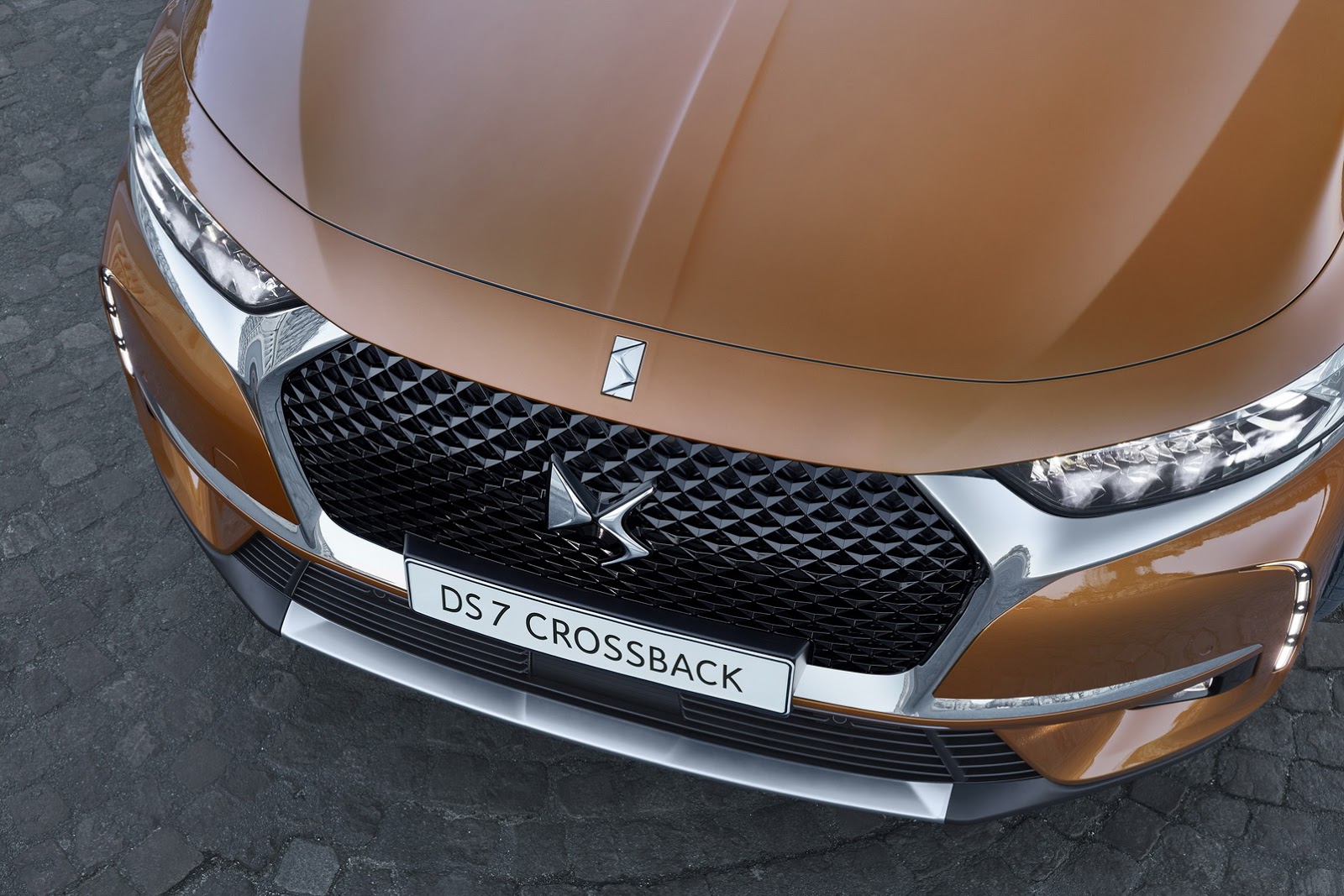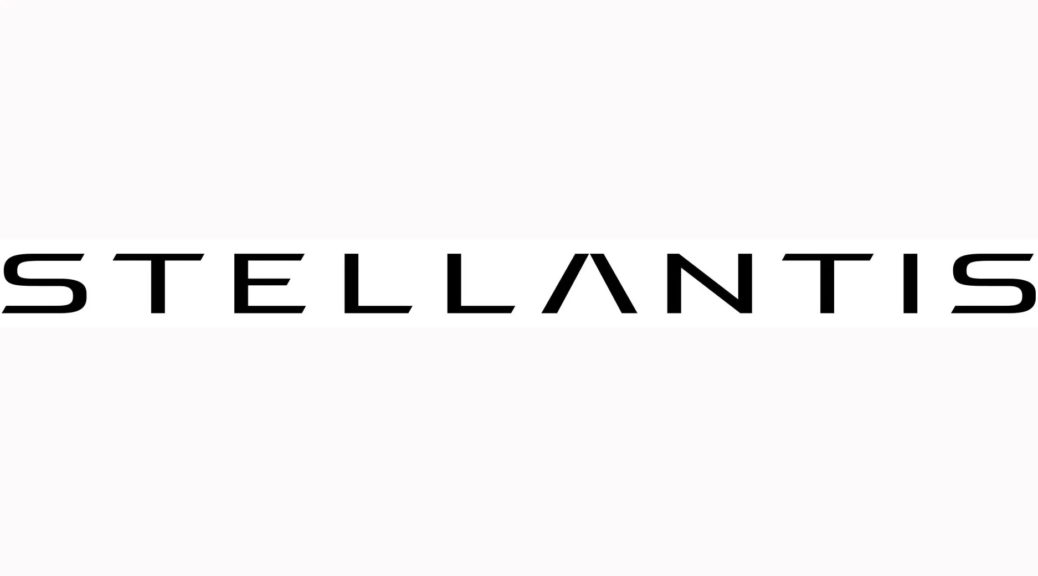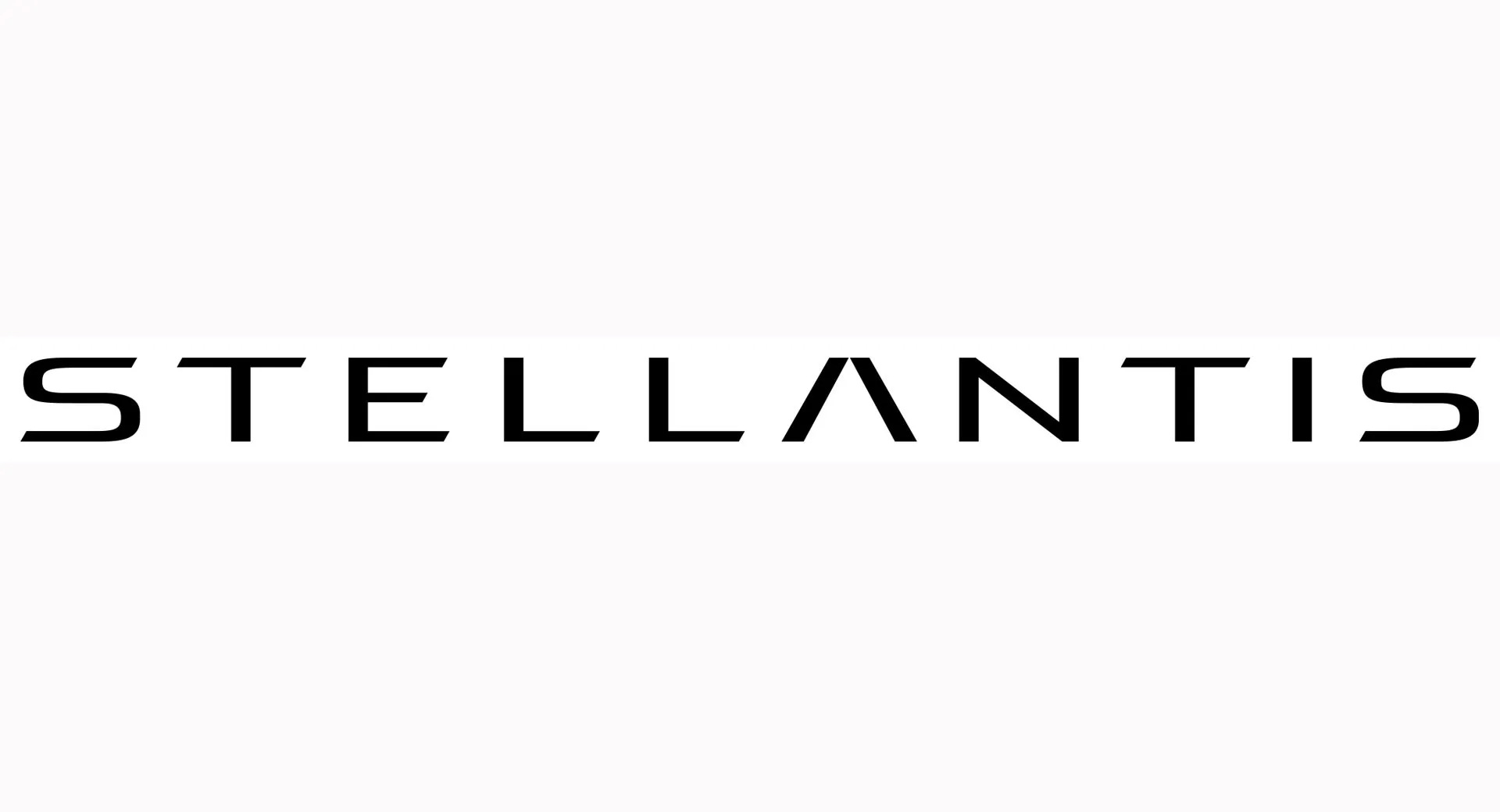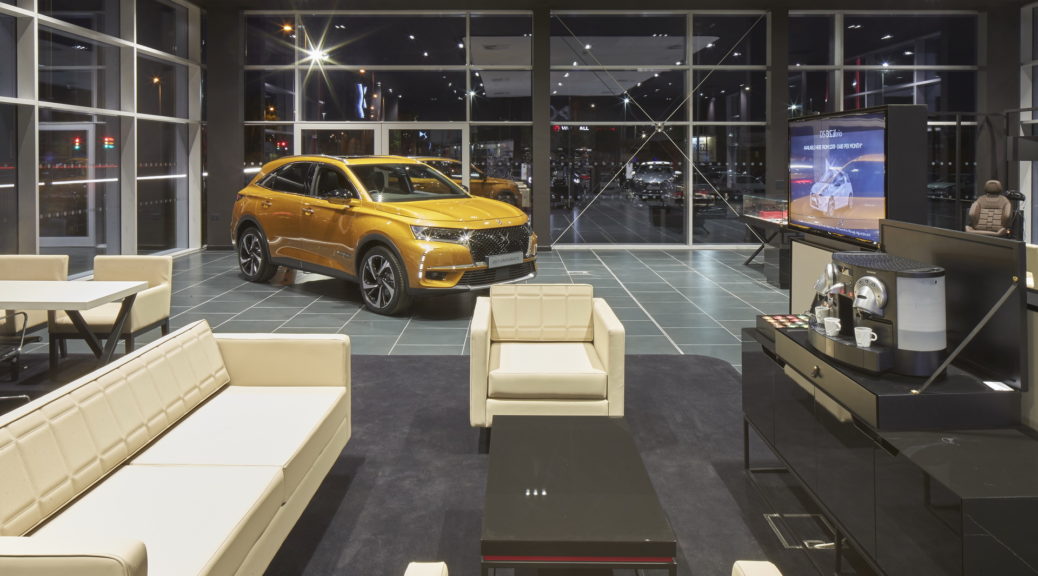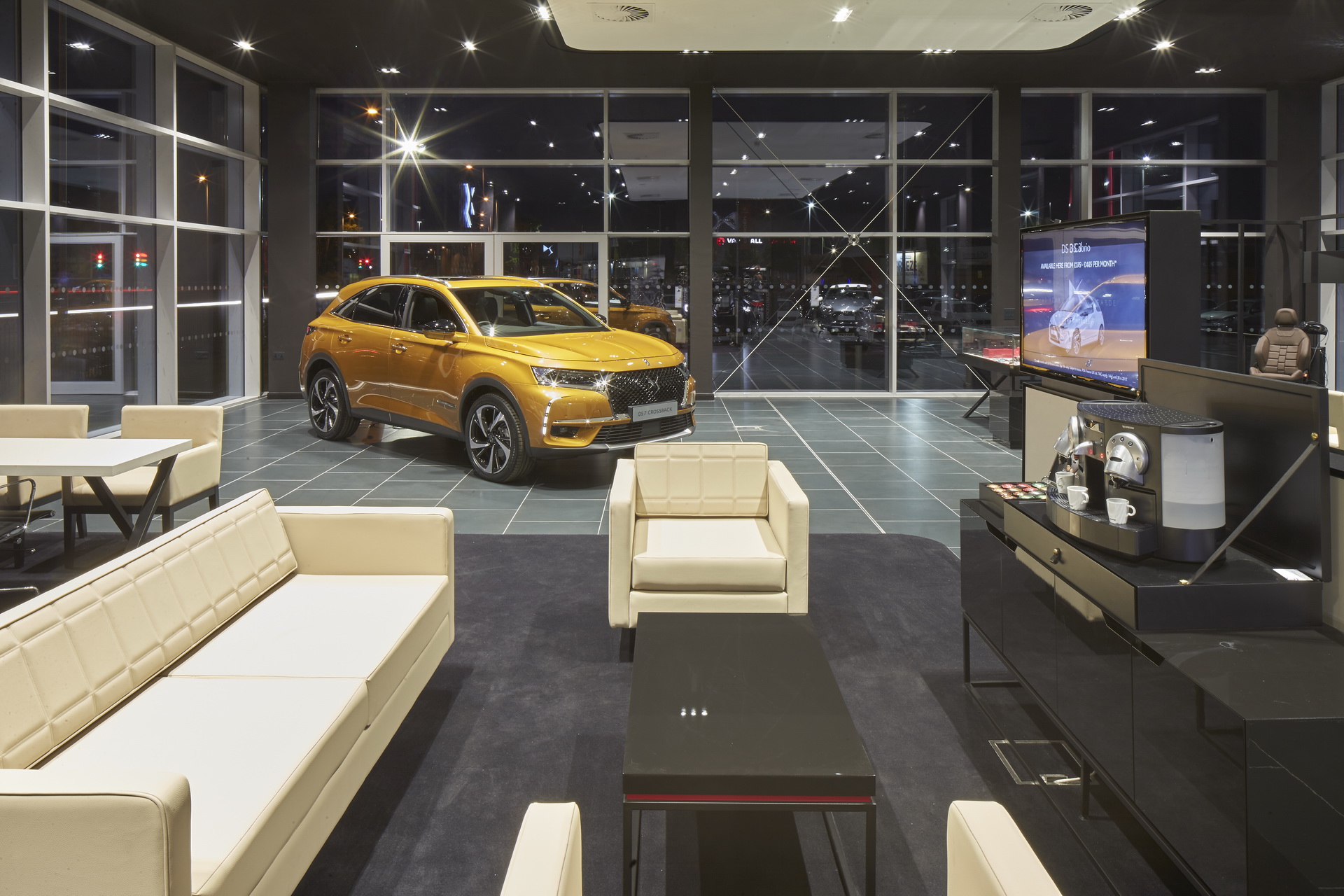Geely and Renault are rumored to be on the verge of announcing a new partnership. The two companies are reported to have been working on a joint venture since the beginning of the year, with the details finalized and an announcement imminent.
The venture will help create a new plug-in hybrid-focused automotive brand, reports Reuters. Chinese automaker, Geely, is expected to provide their CMA architecture that both Geely and Volvo currently use. Renault will focus its attention on design and marketing, focusing on the world’s largest car market — China.
A Chinese Re-entry For Renault, South Korean Lynk & Co For Geely
The deal will allow Renault to re-enter China, which it exited a year ago when a JV with Dongfeng was dissolved. It may also be a way for the French company to expand its presence throughout Asia, with particular attention paid to its South Korean assembly plant that has manufactured vehicles under Renault Samsung Motors. Renault has held an 80% stake in Samsung Motors since 2000 and is South Korea’s third-largest automaker.
Geely may be able to gain access to any number of Renault’s production facilities, but it’s thought that the Busan plant in southeastern South Korea is of particular interest. According to the report’s unnamed sources, Lynk & Co, a brand under Geely, may produce its 01 SUV locally, with other hybrid offerings from the brand being considered. These could be sold under the Renault Samsung name.
Geely’s Ticket To The U.S.
In addition to propping up Renault Samsung (whose sales have been waning) and gaining access to the Korean market, there’s another significant benefit for Geely.
By producing vehicles in South Korea, the Chinese company could very well gain a form of duty-free “backdoor entry” into the U.S. market. Sino-U.S. tensions have hurt trade for Chinese automakers trying to break into the second-biggest car market in the world. But the deal with Renault could open up the possibility of utilizing South Korea’s free-trade agreement with the United States to export its Lynk & Co vehicles.
As of yet, there is no solid indication of a time frame for an announcement. It also isn’t quite clear where this arrangement will fit in with the Renault-Nissan alliance.

